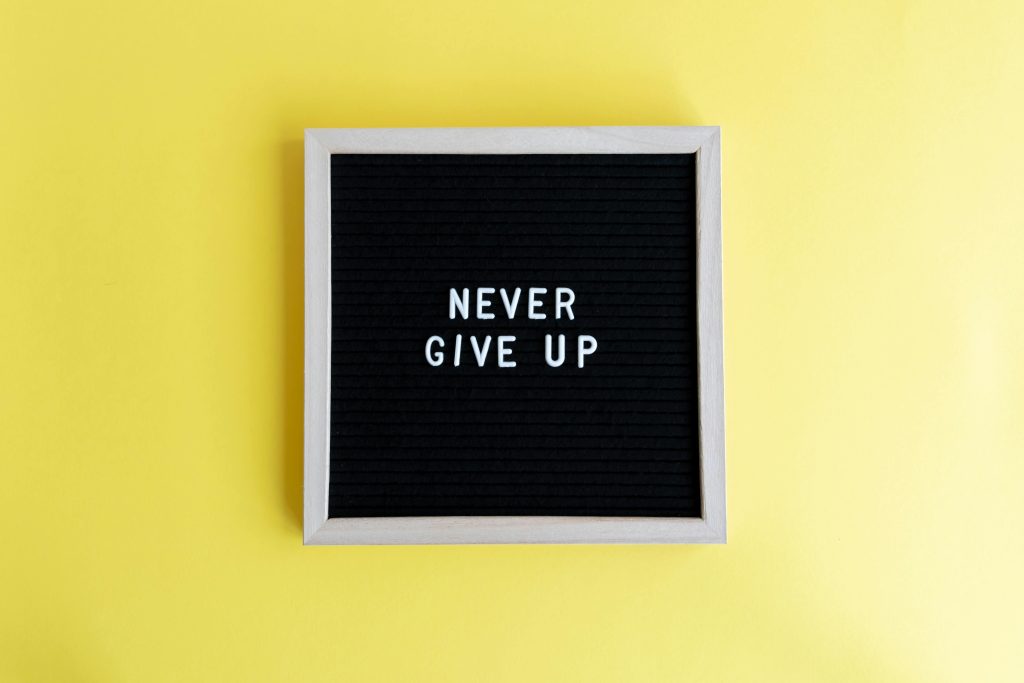Introduction
Success isn’t just about talent or luck—it’s about how you think, how you respond to challenges, and how you show up when it matters most. Your mindset and mental strength shape everything from your confidence and focus to your resilience and ability to grow.

At ThinkHero, we believe mental strength is like a muscle: it can be trained, developed, and strengthened over time. In this guide, we’ll explore the top tips for building a strong mindset, staying mentally resilient, and cultivating habits that support long-term success—both personally and professionally.
1. Embrace a Growth Mindset
Coined by psychologist Carol Dweck, a growth mindset is the belief that abilities and intelligence can be developed through effort and learning.
How to build a growth mindset:
- View challenges as opportunities, not threats
- Replace “I can’t” with “I can’t yet”
- Celebrate progress, not perfection
- Learn from criticism instead of taking it personally
Mindset shift: “Failure isn’t the opposite of success—it’s part of it.”
2. Strengthen Your Mental Resilience
Resilience is your ability to bounce back from setbacks, adapt to change, and keep moving forward under pressure.
Resilience-building habits:
- Practice gratitude daily to stay grounded
- Reframe problems as puzzles, not walls
- Develop coping strategies (journaling, deep breathing, physical activity)
- Focus on what you can control—and let go of the rest
Tip: Resilience isn’t about avoiding stress—it’s about learning how to recover from it faster.
3. Set Clear Intentions, Not Just Goals
While goals are outcomes, intentions guide your mindset and focus each day.
Examples of intentions:
- “I will show up with patience today.”
- “I will speak kindly to myself.”
- “I will be curious, not judgmental.”
Start each morning by asking: How do I want to feel and act today? Aligning with your intentions helps you stay consistent, even when motivation fades.
4. Train Self-Discipline Like a Skill
Mental strength requires the ability to follow through—especially when it’s uncomfortable or inconvenient.

Ways to build self-discipline:
- Start small with achievable commitments
- Set time limits or routines (e.g., Pomodoro technique)
- Track progress and reward consistency
- Remove temptations and distractions from your environment
Reminder: Motivation may get you started, but discipline keeps you going.
5. Practice Mindfulness and Mental Presence
Mindfulness enhances focus, reduces anxiety, and gives you greater control over your thoughts.
Try this:
- Start with 5 minutes of guided meditation each morning
- Use a mindfulness app (e.g., Calm, Insight Timer)
- Check in with your breath during high-stress moments
- Eat, walk, and listen with full attention
Tip: Mindfulness isn’t about emptying your mind—it’s about noticing what’s in it without judgment.
6. Use Positive Self-Talk
The way you speak to yourself shapes your reality. Mental strength begins with an inner dialogue that uplifts and empowers you.
Reframe negative thoughts:
- “I messed up” → “I learned what doesn’t work”
- “I’m not good at this” → “I’m still learning this”
- “I always fail” → “I’ve had setbacks, and I’m still growing”
Challenge: Write down one limiting belief and turn it into a new, supportive affirmation.
7. Build Mental Toughness Through Physical Habits
Your physical health directly impacts your mental clarity, focus, and emotional resilience.

Support mental strength with:
- Regular movement (even 20 minutes of walking daily)
- Proper sleep (7–9 hours)
- Balanced nutrition and hydration
- Breathwork or cold showers to increase discomfort tolerance
Strong body = strong mind. Take care of both.
8. Visualise Success (and Challenge)
Visualisation helps condition your mind to succeed by mentally rehearsing success scenarios and how you’ll handle obstacles.
Try this:
- Visualise achieving a big goal—feel the emotion of it
- Picture how you’ll handle a tough situation with grace and control
- Use mental imagery before presentations, interviews, or difficult conversations
The brain doesn’t always distinguish between imagined and real success—use that to your advantage.
9. Surround Yourself with a Strong Support Network
Mental strength doesn’t mean doing everything alone. The people around you influence your mindset more than you realise.
Cultivate a supportive circle:
- Seek out positive, growth-minded friends or mentors
- Limit time with chronic complainers or energy-drainers
- Join mastermind groups or personal development communities
- Ask for help when needed—it’s a strength, not a weakness
Environment shapes energy. Choose wisely.
10. Reflect and Reset Regularly
True mental strength comes from self-awareness and reflection. Make time to pause, evaluate, and recalibrate.

End-of-week reflection questions:
- What challenged me this week, and how did I respond?
- What did I handle well? What can I improve next time?
- Did I align with my values and goals?
- What am I grateful for?
Reflection builds resilience and clarity. Don’t just go through the week—grow through it.
Conclusion
Success in mindset and mental strength isn’t about being fearless or unshakable. It’s about showing up consistently, thinking with purpose, and building habits that support your growth. Every challenge is a chance to train your mind and strengthen your inner foundation.
Next step:
Pick one tip from this list to focus on this week—whether it’s setting an intention, practicing mindfulness, or rewriting a limiting belief. Growth starts with action.
